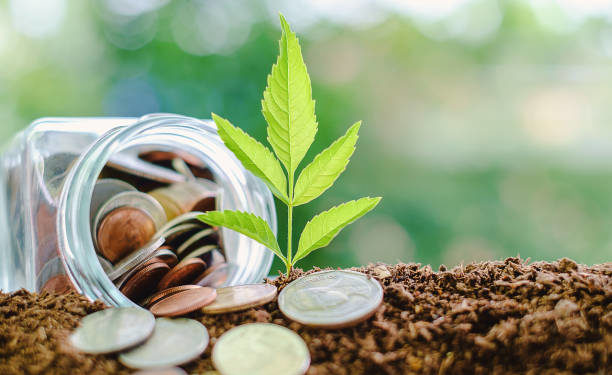The agricultural sector continues to be a cornerstone of Kenya’s economy, accounting for 20 percent of the GDP directly and 27 percent indirectly through its linkages with other sectors. Additionally, it provides over 40 percent of the total employment in the country and plays a crucial role in rural development.
Read more: Agriculture As Kenya’s Major GDP Contributor
The Kenyan government, led by Cabinet Secretary Mithika Linturi, has outlined its plans to address food security challenges and increase the agriculture sector’s contribution to the country’s GDP. These goals are aligned with the government’s commitment to reduce the number of food-insecure Kenyans by 50 percent and combat malnutrition among children under five years old by 27 percent in the medium-term.
To achieve these goals, Kenya is implementing various strategies, including agricultural research, facilitating access to technology for farmers, enacting favorable public policies, creating robust markets, and investing in value addition to crops.
Read more: The Rise of Avocados in Kenya’s Agricultural Landscape
One of the key challenges faced by farmers in Kenya is limited access to modern technologies due to their high costs. The government aims to ensure that farmers, particularly those with fewer financial resources, can benefit from technical advancements. It aims to bridge the technology gap by providing access to cost-effective tools and techniques, empowering farmers to increase productivity and efficiency.
Read more: Kenyan Farmers Set To Benefit From Germany’s Agricultural Funding-Here’s How
By reducing adoption costs through the enactment of supportive public policies, the government aims to encourage the widespread utilization of modern agricultural practices among small-scale farmers.
The Agriculture CS emphasized the necessity of subsidies, especially during the early stages of agricultural transformations, to support vulnerable groups, including women and smallholders. The Kenyan government has already spent 6 billion towards fertilizer subsidies in the last year. Additionally, National Treasury CS Njuguna Ndung’u proposed a Sh5 billion allocation towards the government fertilizer subsidy program in his 2023/24 budget.
Another critical issue is post-harvest losses in Kenya and across the African continent. Approximately one-third of the world’s available food is lost before it reaches consumers. To tackle this issue, the government aims to improve post-harvest management practices and enhance storage and processing capabilities. By addressing these challenges, Kenya can reduce wastage and ensure a higher percentage of harvested food reaches consumers.
Kenya is taking decisive steps to address food insecurity and strengthen its agricultural sector’s contribution to the economy. Through these strategic investments, the government aims to empower farmers, increase productivity, and reduce post-harvest losses. With a strong focus on inclusive growth, subsidies are being provided to ensure that vulnerable groups benefit from agricultural transformations. These concerted efforts will contribute to a more sustainable and prosperous future for Kenya’s agriculture sector, leading to improved food security and economic growth.


















